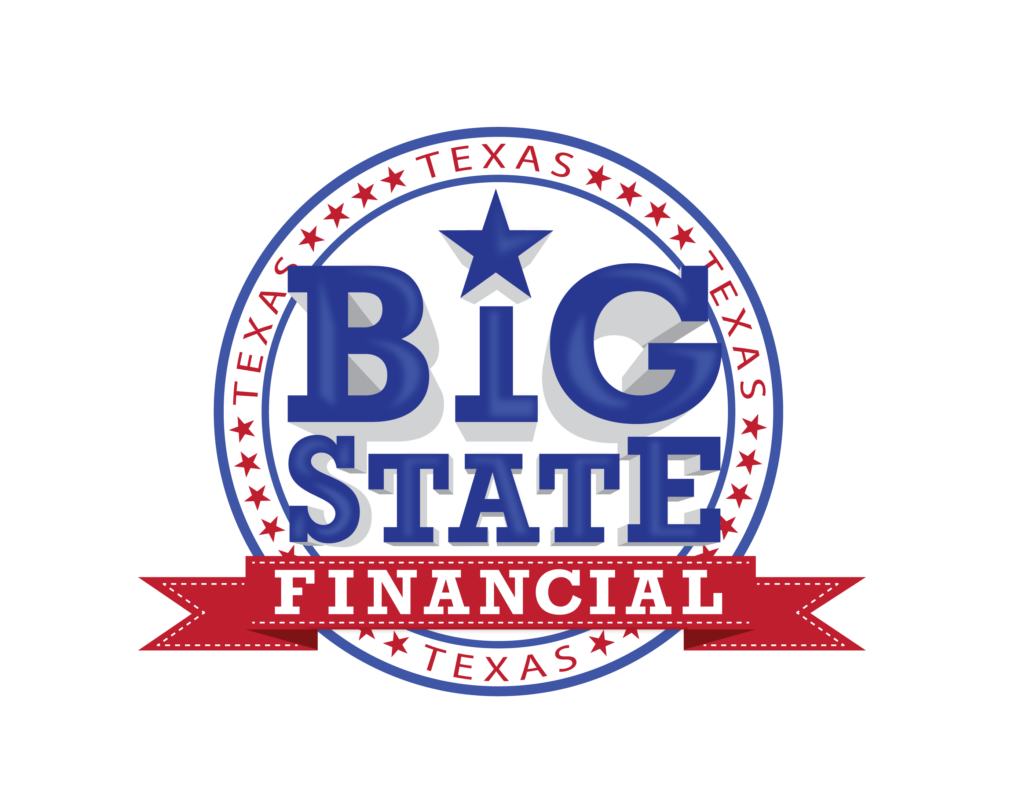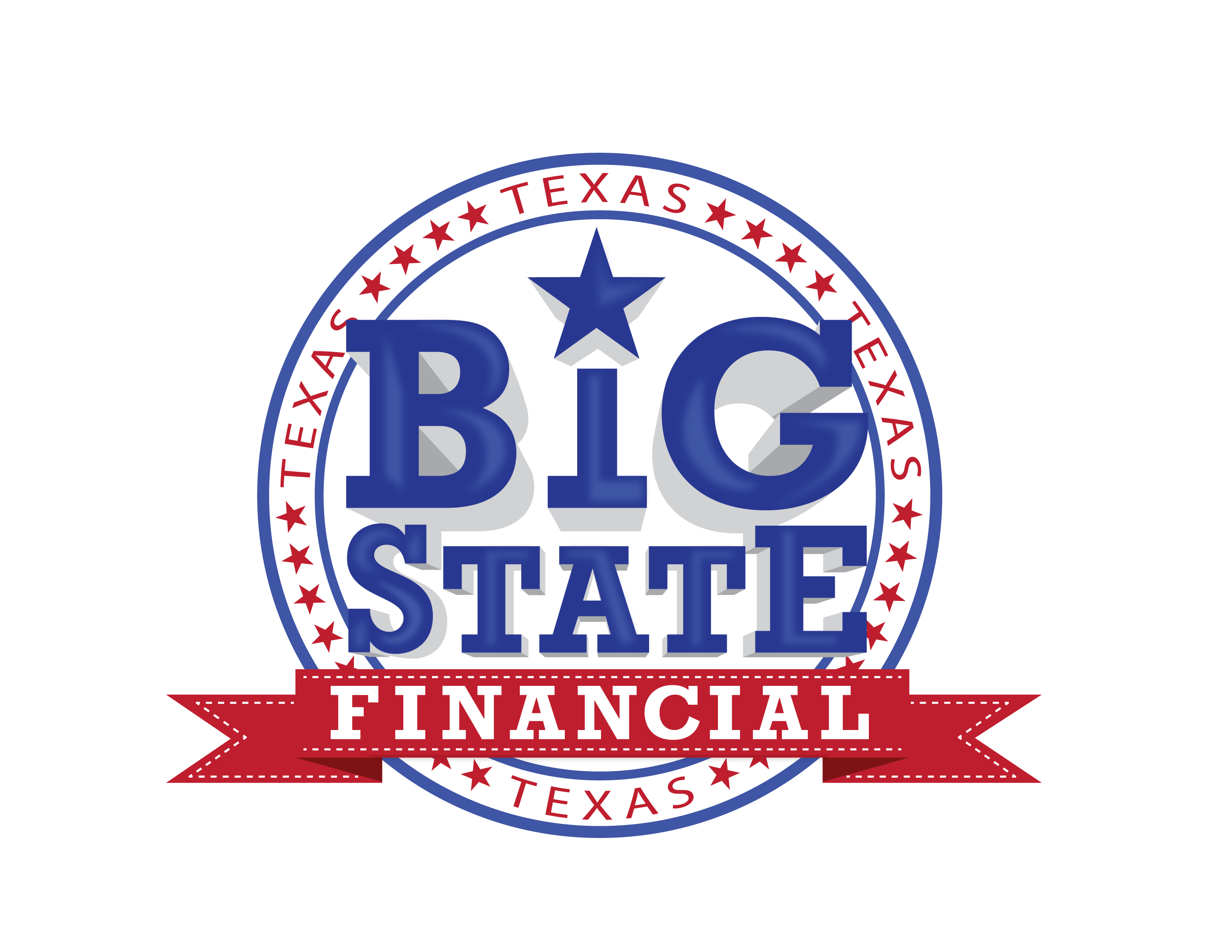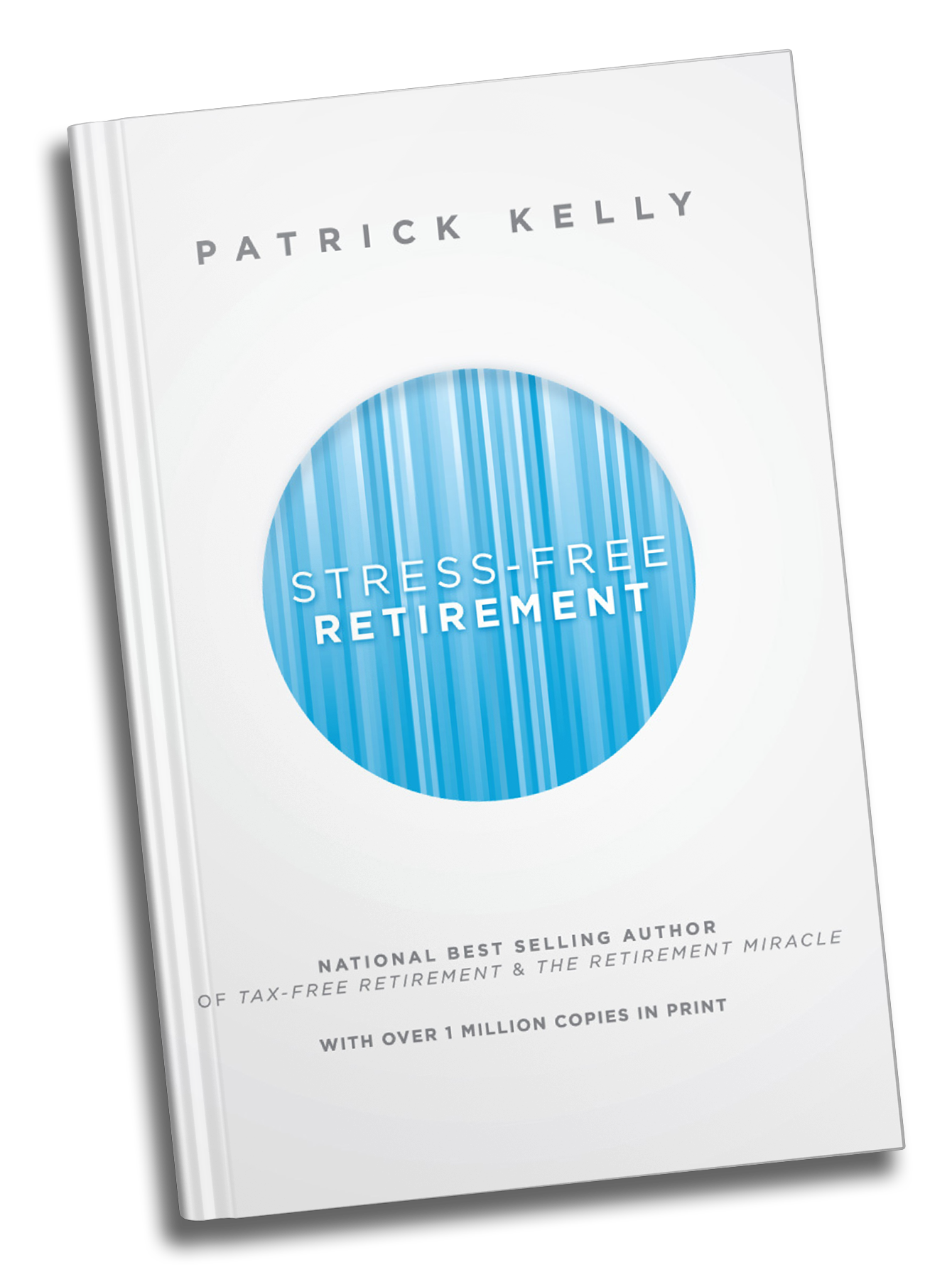
In today’s world, retirement can last 30 years or more, which makes it extremely important that you don’t run out of money before you pass. After first creating your retirement plan, you must constantly review your strategies to make certain that you stay on track toward achieving a safe and rewarding life in retirement. It’s one thing to have a retirement plan on paper, but it’s another thing to have a plan that’s ready to be executed in the real world. So, how strong is your retirement plan? Here are a few questions to ask yourself to help test the strength of your plan for the future.
Does your plan distinguish between what you absolutely need to live, and what you want? Everyone’s got big dreams for retirement, but not everyone remembers that there’s a difference between what you need to fulfill those dreams, and what you need to keep food on the table. Your retirement plan should be easy to read and draw a clear line between the money you need to fulfill a long-held dream, and the money you need for basics.
Do you know every guaranteed source of income you’ll have, and do you know how much they’ll bring in? Before you can see how much you’ll need to earn from your investments each month, you need to know how much money you’re guaranteed to bring in each month. These are the income sources like Social Security or a pension, where you know that you’ll earn something. You should be able to predict how much money you’ll have coming in each month from these sources, down to the dollar. That guaranteed income is your baseline.
Do you know how your different income sources will be taxed? Social Security. Dividends. Capital gains. Retirement savings. All of them are taxed differently, and each of those taxes is going to be eating into your total nest egg. If you’ve planned ahead for those taxes, this shouldn’t be a problem. But if you aren’t thinking through that mathematical step, it could be bad in the long-run.
Are you thinking about inflation? It’s important to remember the difference between money and purchasing power as you enter retirement – namely, as time goes on, each dollar you have saved will buy you less and less. That means you need to have more and more saved up, and you may want to make any big purchases sooner rather than later, before your savings depreciate too much. You don’t want to end up with a dwindled savings supply that doesn’t buy what you need it to buy for you.
Do you have a retirement plan that leaves you feeling confident? Most of us don’t have any experience writing retirement plans before we sit down to draw up our own, so our inexperience can lead us to think we have a perfect strategy when there are actually glaring flaws. You don’t want to find out the hard way that your plan wasn’t ready for action.
So, if it’s been awhile since you last sat down one-on-one with a qualified financial professional, then click here to schedule your complimentary review. We’ll review your current strategy, and help you fill in any of the gaps along the way to help make sure that your plan is ready, and strong enough to last for the long road ahead.



